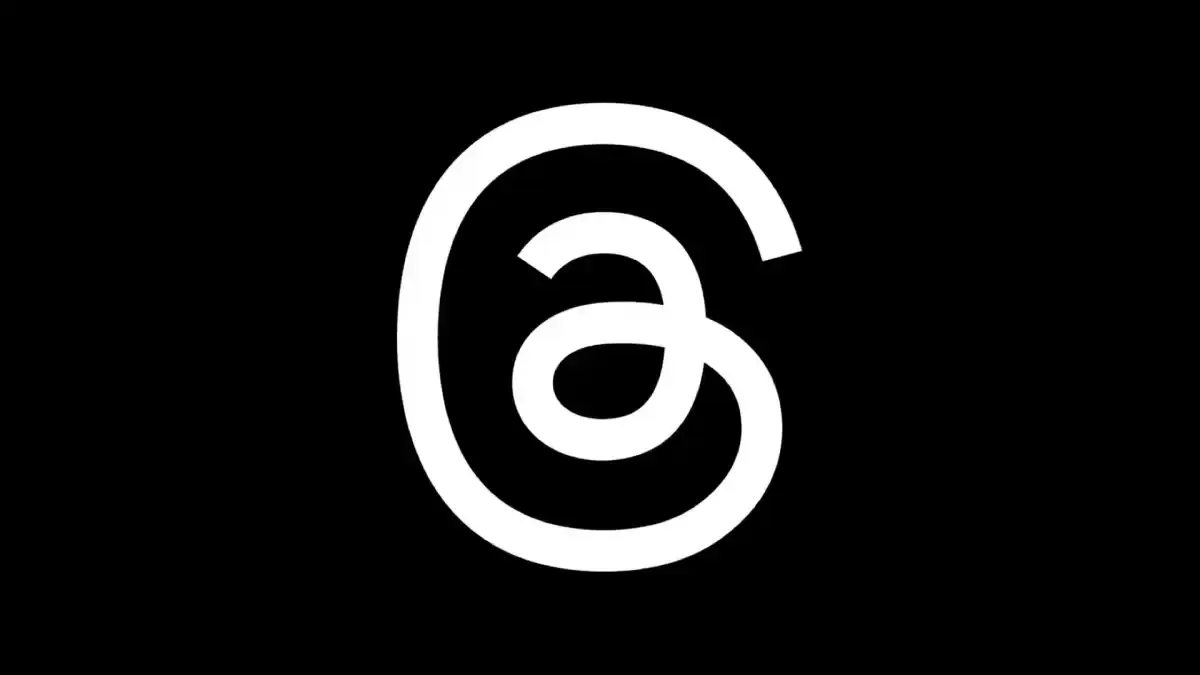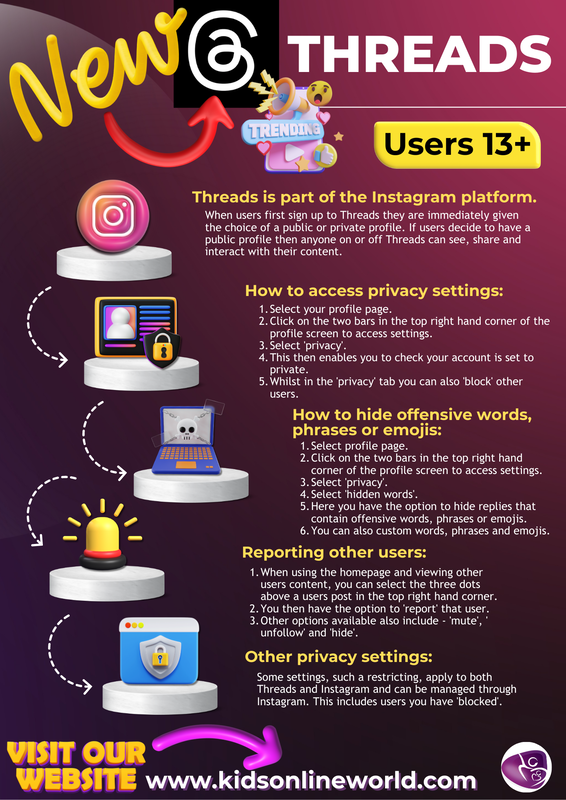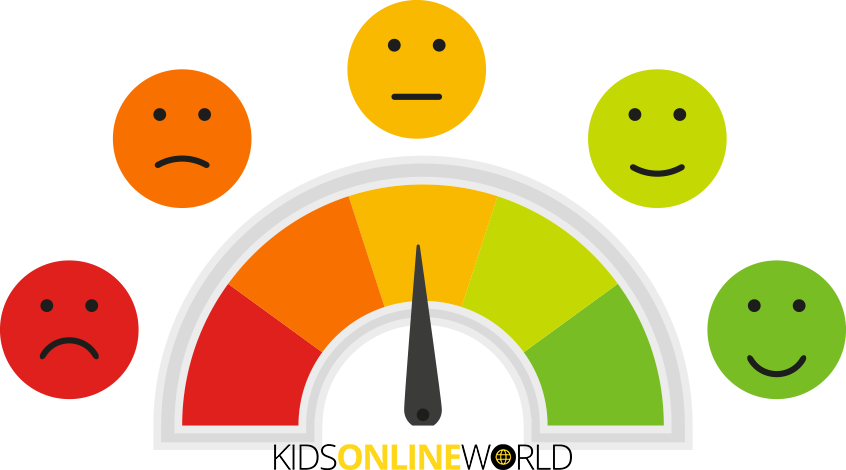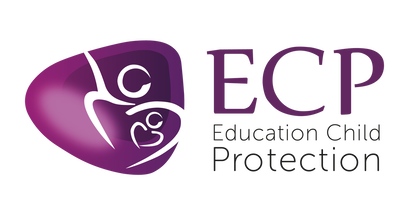THREADS
|
|
MINIMUM AGE: 13+
WHAT IS IT? Threads is a new platform developed by the parent company of Facebook, Instagram, and WhatsApp. The interface bears resemblance to Twitter, featuring a stream of primarily text-based updates. However, users are also able to share photos and videos. This platform facilitates instantaneous discussions, enabling individuals to engage in real-time conversations. WHAT WE SAY: Treat with caution.
|
Useful links:
Safety tips to consider:
FURTHER SUPPORT: For parents/ carers If you're worried about your child or need support call NSPCC helpline on 0808 800 5000. If you discover criminal content when online then report it directly to the police or the Internet Watch Foundation. If you're worried about online grooming or sexual behaviour online then report directly to the police or contact CEOP. For Children & young people if they're worried or want to talk, encourage them to contact Childline Online or call 0800 1111. Check out our Resource Centre for further information and useful online safety tips. |




